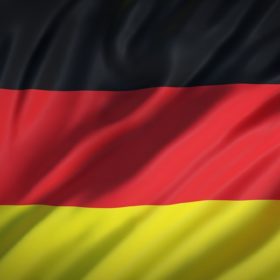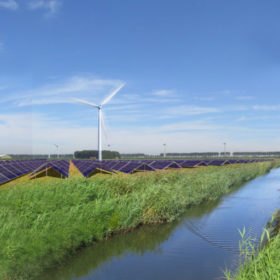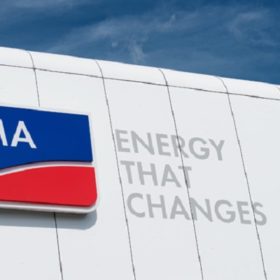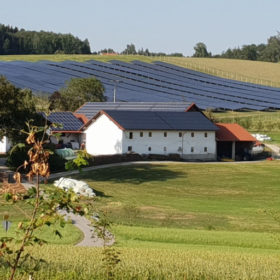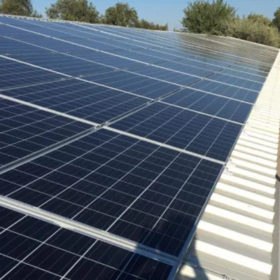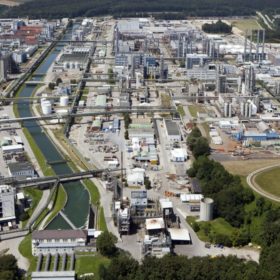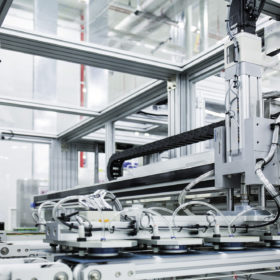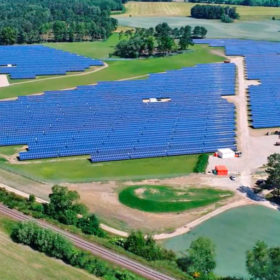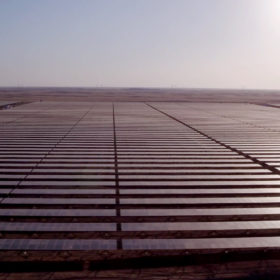German PV equipment makers report fall in revenue
Manz and Singulus have both seen turnover drop in the first half.
Vattenfall to build large scale wind-solar-storage plant in the Netherlands
The energy company will build a 38 MW solar, 22 MW wind and 12 MW battery project on one site. The first fully renewable hybrid power plant could be a blueprint for post-subsidy Germany. Vattenfall has an eye on German coalfields in particular.
SMA reports losses for first half of 2019
For the second half of the year the German inverter producer expects a significant increase in revenues and earnings, mainly due to high order intake. It also confirmed its forecast for the full fiscal year, despite declining sales and earnings in the first six months of 2019.
Germany installed 2 GW of solar in six months
After a strong start to the year, demand for PV systems has slowed because of FIT reductions. Solar subsidies will fall by a further 1.4% per month until November.
Greenrock Energy to build 300 MW of solar plant capacity in Italy
The German company has already secured project rights for PV projects with 200 MW of generation capacity. Another 100 MW should follow this month.
Wacker’s results affected by low polysilicon prices
The Munich company hopes the PV market will pick up in the second half, driven by demand in China. Wacker Chemie also expects rising prices for polysilicon.
Hanwha Q-Cells assumes market leadership in Europe
In Germany, the Korean PV manufacturer increased output to 760 MW last year. Despite a highly competitive environment and persistently high pressure on margins, Hanwha says it is looking to the future with optimism. The company has further diversified away from solar module production in recent months.
Why the EU needs binding targets for renewables and decarbonised gas for a climate-neutral Europe
Interview: The Energy Charts, developed by the Fraunhofer Institute for Solar Energy Systems (ISE) shows that the switch from coal to gas in Germany reduced CO2 emissions by one third in June. In a European wide transition, Eurogas General Secretary James Watson considers reductions of up to 45% possible by 2030. The gas sector is also willing to make the transition to renewables and decarbonised gases by the middle of the century. In the case of power-to-gas technologies, medium-term cost reductions which are comparable to the experience curve of photovoltaics is possible, Watson explained.
Average final price in Germany’s solar tenders falls to €0.0547/kWh
In a highly oversubscribed tender Germany’s Federal Network Agency allocated 204 MW of solar capacity. The lowest bid was €0.049/kWh and a large project was assigned in the northern region of Mecklenburg-Vorpommern.
Ib vogt finishes 166.5 MW solar system at Benban
The German PV company had reached commercial operation of the first batch of its project at the huge Egyptian solar park in February 2018. Participants in the 1.8 GW solar park receive tariffs set in the nation’s second FIT tender round.

